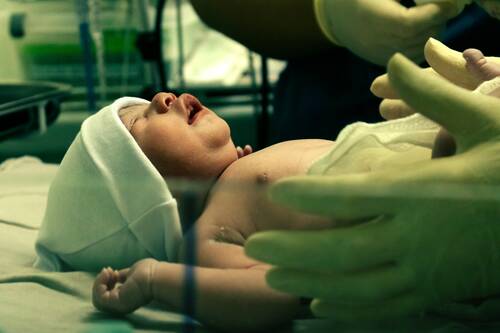Legal-Malpractice, OBGYNE / 21.03.2025
The Right to Choose: Understanding Caesarean Sections on the NHS
In England and Wales, women have the right to decide how they give birth. While there is no absolute legal entitlement to a caesarean section on demand, healthcare professionals must discuss all available options, including both vaginal birth and caesarean sections. This includes providing a clear outline of the risks and benefits associated with each method. A decision can then be made once the individual has been fully informed and is able to give their consent.
This emphasis on informed decision-making ensures that women have autonomy over their birthing experience. Healthcare providers are expected to respect these choices, even when they differ from their own professional opinions, so long as the woman has received comprehensive information and appropriate support. If a request for a specific birth method is declined, the individual should be referred to another healthcare professional who is willing to consider their preference.
(more…)




